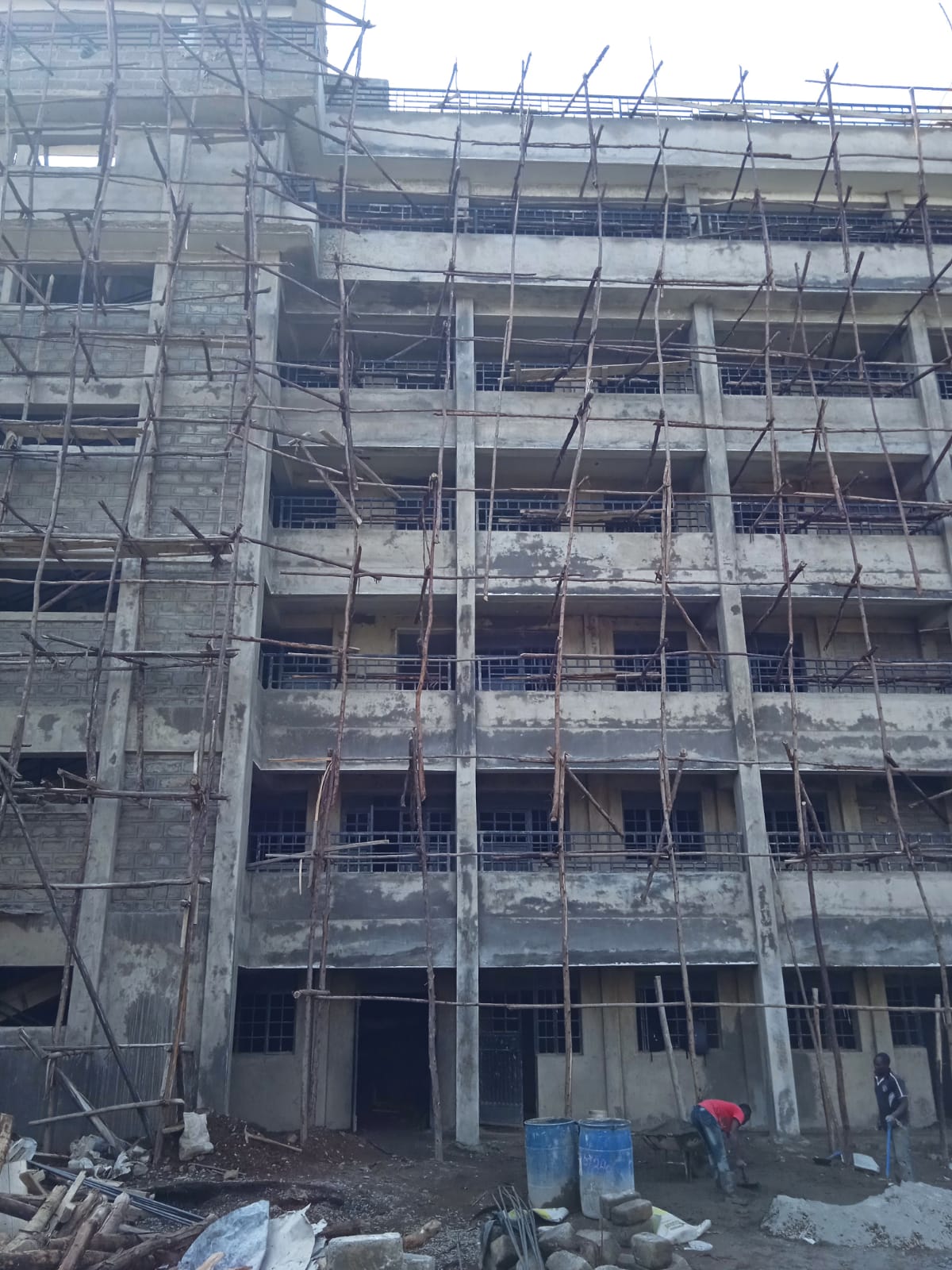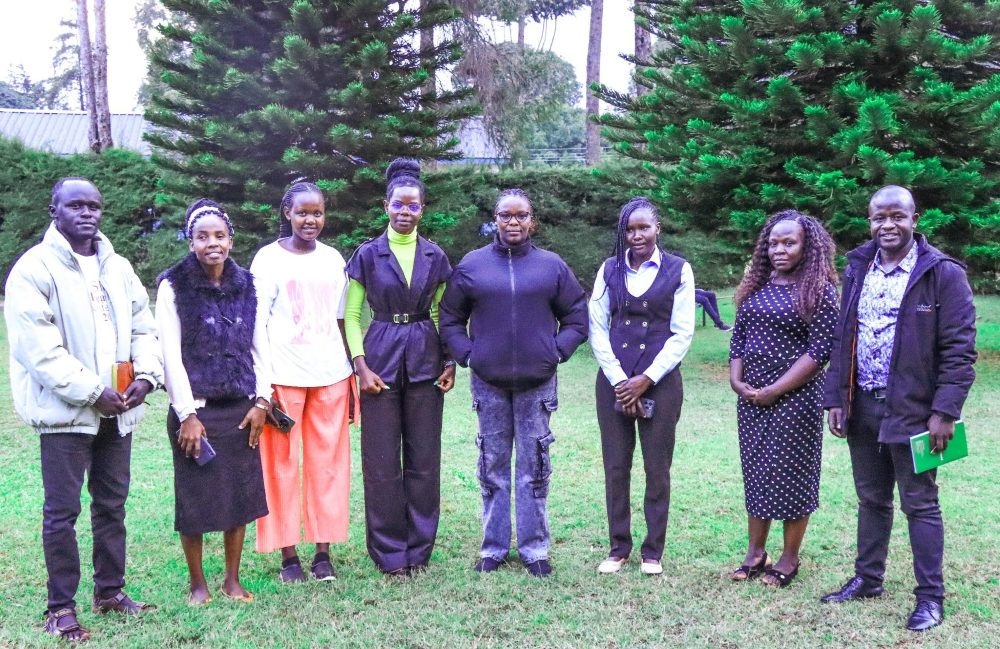Junior Secondary Schools (JSS) in the country has each been allocated Ksh110, 000 for administrative cost in the operations of the Schools in the recently disbursed Ksh9.6 billion where each student is entitled to Ksh7, 268.
Each JSS has further been allocated Ksh5,784.30 under tuition account for purchase approved Kenya Institute of Curriculum Development (KICD) teachers’ guides per school, with the government issuing out strict guidelines on how the headteachers will utilise the already released Free Secondary Education funds to JSS for first term 2023.
Early April this year (2023) Basic Education Principal Secretary Dr. Belio Kipsang noted that the Ministry has distributed 15 million books out of the 18 million books that are required for Grade Seven learners
In a Circular dated April 14, 2023 signed by the PS, the funds have already been disbursed in the two school accounts of operations and tuition, where each student has been allocated Ksh2, 425 for operations and Ksh4, 843 for tuition.
The government disburses capitations to schools in three trenches in a year, where the first term receives 50 per cent, second term 30 per cent while third term 20 per cent.
The breakdown for operation account per student include: Ksh1,500 for repairs, maintenance and improvement (RMI); administrative costs, co-curricular activities and local transport and travel (LT&T) each allocated Ksh200 and Ksh325 to cater for medical and insurance.
The amount allocated for tuition per student will entail: Ksh100 for capacity building for Strengthening of Mathematics and Science in Secondary Education (SMASSE) course for mathematics and science teachers in JSS; Ksh3,100 to buy approved KICD textbooks and supplementary readers.
Another Ksh225 for laboratory materials; Ksh360 to cater for materials required to carry out practicals under Competence Based Curriculum (CBC) in Grade 7; Ksh258 for assessment and Ksh800 for stationary and writing materials.
The Circular which was copied to the Education Cabinet Secretary Ezekiel Machogu, Teachers Service Commission Secretary and Chief Executive Officer (CEO) Dr. Nancy Macharia, Director School Audit Services in the MOE Victoria Angwenyi and all Regional Directors of Education highlights the magnitude of the directive given by the government through the MOE.
Apart from the JSS being required to operate two accounts of tuition and operation, they are further required to each have a separate cash book and post on the school’s notice boards the amounts the school received.
Dr. Kipsang further instructed the County Directors of Education (CDEs) to inform all the heads of institution of public JSS within their jurisdiction to adhere to all stipulated accounting procedures and other necessary measures including cost saving.
“All schools’ management are expected are expected to ensure prudence in the use of school funds and to adhere to the laid down financial regulations as stipulated in the reviewed Handbook on Financial Management for Public Schools, Teacher Training Colleges and Technical and Vocational Colleges in Kenya issued by the MOE, the Public Finance Management Act, 2012 and the Public Procurement and Disposal Act, 2015,” said Dr. Kipsang in the Circular.
The school heads have also been warned of entering into financial contracts like hire purchase, bank loans without the express written approval of the cabinet secretary in line with Section 18 of the fourth schedule of the basic education, 2013.
Further, every head of institution shall be responsible for application and utilization of funds as the Accounting Officer of the School and further being required to acknowledge receipt of the funds by issuing school receipts to the PS basic Education for both accounts with copies to the Sub-county and County Directors of Education, provide to CDEs and SCDEs an allocation of funds dully signed by all individual students showing their admission numbers and their full names.
He urged schools to ensure learner’s details are entered into their data on the National Education Management Information System (NEMIS) which will be used to disburse the funds.
However, some schools did not receive the funds with the PS blaming it on conflicting characteristics provided by the schools, urging the affected schools to put records straight to receive the funds.
“Some schools have been left out of the disbursement. These schools are those that their school characteristics are conflicting. These schools will be provided with their funds once the details are confirmed,” said Dr. Kipsang.
The government is planning to spend a total of Ksh18 billion for JSS capitation grants in the next financial year with each student being allocated a total capitation of Ksh.15, 000 where Ksh. 4, 000 will be spent on development of infrastructure with the greatest priority being on laboratories.
By Education News reporter
Get more stories from our website: Education News
You can also follow our social media pages on Twitter: Education News KE and Facebook: Education News Newspaper for timely updates.






